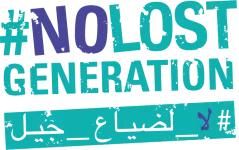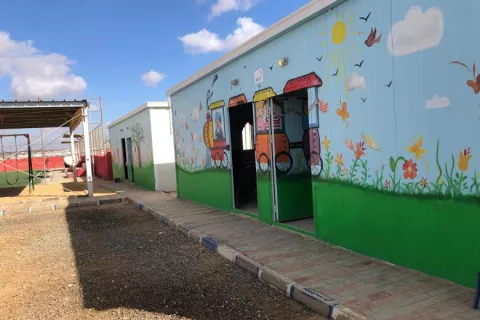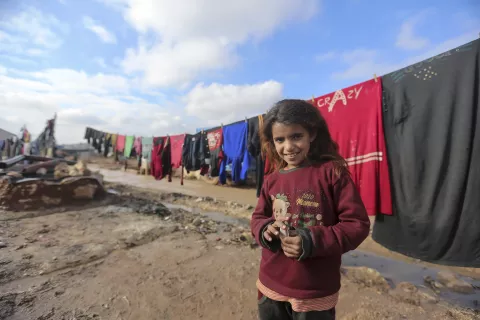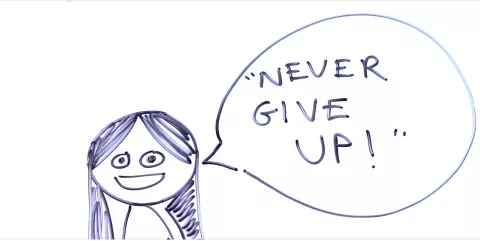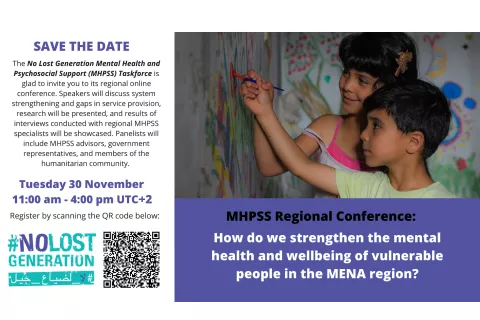No Lost Generation side-event to the Global Disability Summit
On February 17, on behalf of NLG, World Vision and Mercy Corps presented their research on behavioural barriers to education for children with disabilities in Jordan
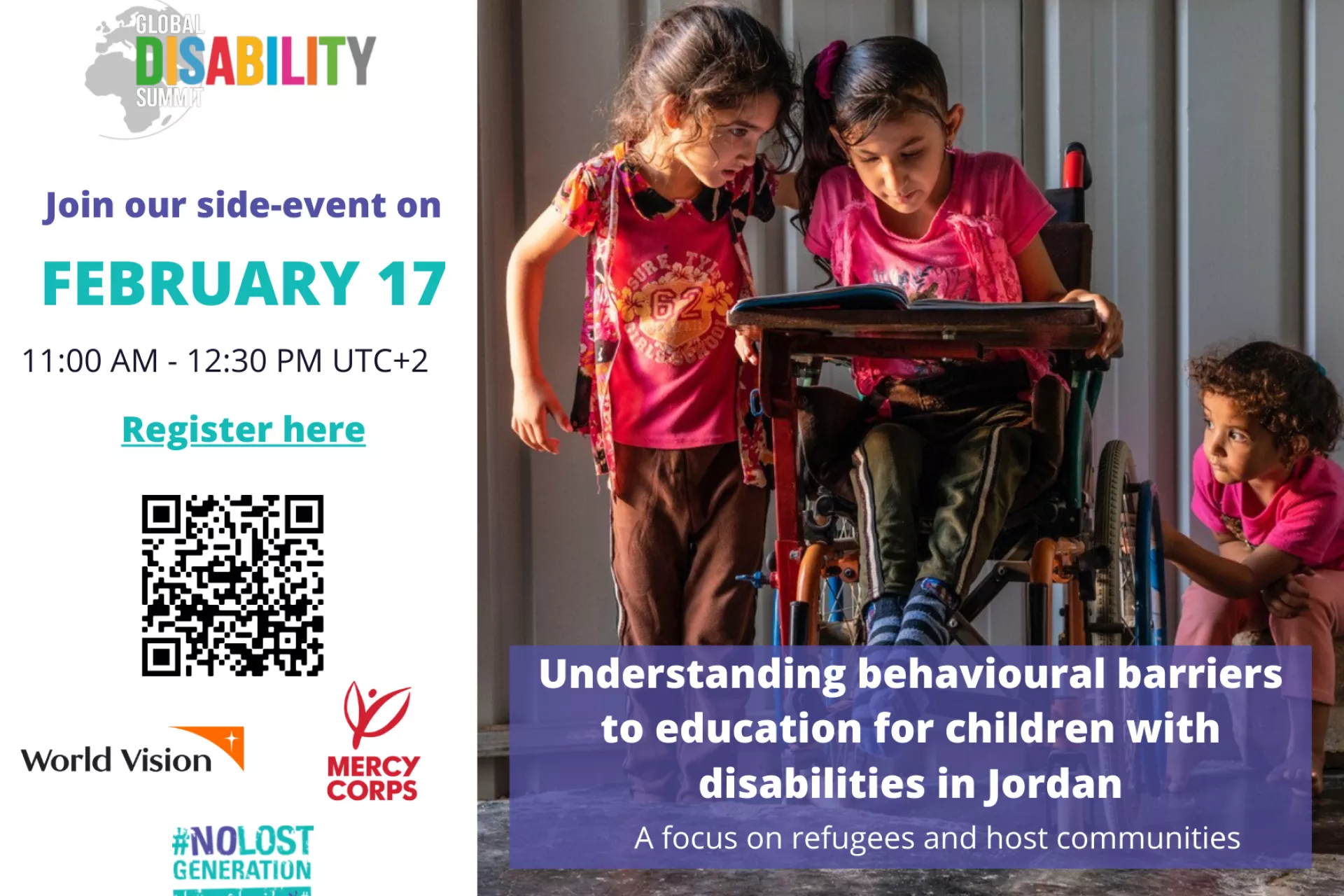
No Lost Generation organized a side-event to the Global Disability Summit, on February 17, 2022 from 10:00 AM to 11:30 AM (CET) / 11:00 AM to 12:30 PM (Amman time), on the behavioural barriers to education for children with disabilities in Jordan – both refugees and host communities.
No Lost Generation side-event reminded us that inclusive education is not a luxury, but a must, even when resources are limited. There is no single concept of inclusive education that applies across all contexts. This is especially relevant for children with disabilities who have been forcibly displaced.
Our panelists working in Jordan highlighted the advanced national legislative framework passed by the country – notably the 2017 Law on the Rights of Persons with Disabilities and Ministry of Education’s 10-Year Strategy, and excellent inclusive education projects such as GIZ’s Promoting Quality In Inclusive Education in Jordan (PROMISE). Among the good practices, accessible school building, teacher’s trainings, learning assistance in schools and informal education programmes were highlighted.
The COVID-19 pandemic exacerbated the barriers to education faced by children with disabilities and their parents. Distance learning has been challenging around the world. However, the Higher Council for the Rights of Persons with Disabilities demonstrated the crucial role civil society plays in supporting national efforts. E-learning can be inclusive, through disability standards, inclusive e-learning platforms and awareness raising interventions.
World Vision and Mercy Corps also presented the findings of their behavioral barriers analysis. They surveyed 250 parents of children with disabilities, from both refugee and host communities in Jordan. The research found that parents who didn’t send their children to school regularly were not feeling supported by their community. They were also more pessimistic about their child’s educational prospects and worried about their child being bullied because of their disability.
Through the findings of World Vision and Mercy Corps research and through experiences shared, the following recommendations were provided:
- Expand the support to governments to help increase their national expenditure on education to 15-20% of the national budget, in accordance with the Incheon Declaration
- Promote the continuous leadership of national actors – government, civil society, donors, private sector – to continue working on Sustainable Development Goal 4 agenda for children with disabilities
- Integrate national concrete timeframe and targets for the inclusion of children with disabilities in public schools, while promoting localized, inexpensive and culturally sensitive approaches
- Provide parents of children with disabilities with financial, technical, socio-emotional support and develop parents support network
- Engage directly with children with disabilities and parents to identify and address behavioral barriers to school attendance
- Address disability-related bullying and stigma through community and family-led approaches that challenge negative norms
- Invest in the capacity building of teachers to better engage with parents of children with intellectual, developmental, hearing and visual disabilities
- Ensure stakeholders buy-in and make sure that school communities, teachers and parents do not feel overwhelmed.
- Enhance the collection and exchange of data on the situation of out-of-school children
The final report is available here.
Recordings of the event are also available in English and in Arabic.
To learn more about the Global Disability Summit: Global Disability Summit - Home
